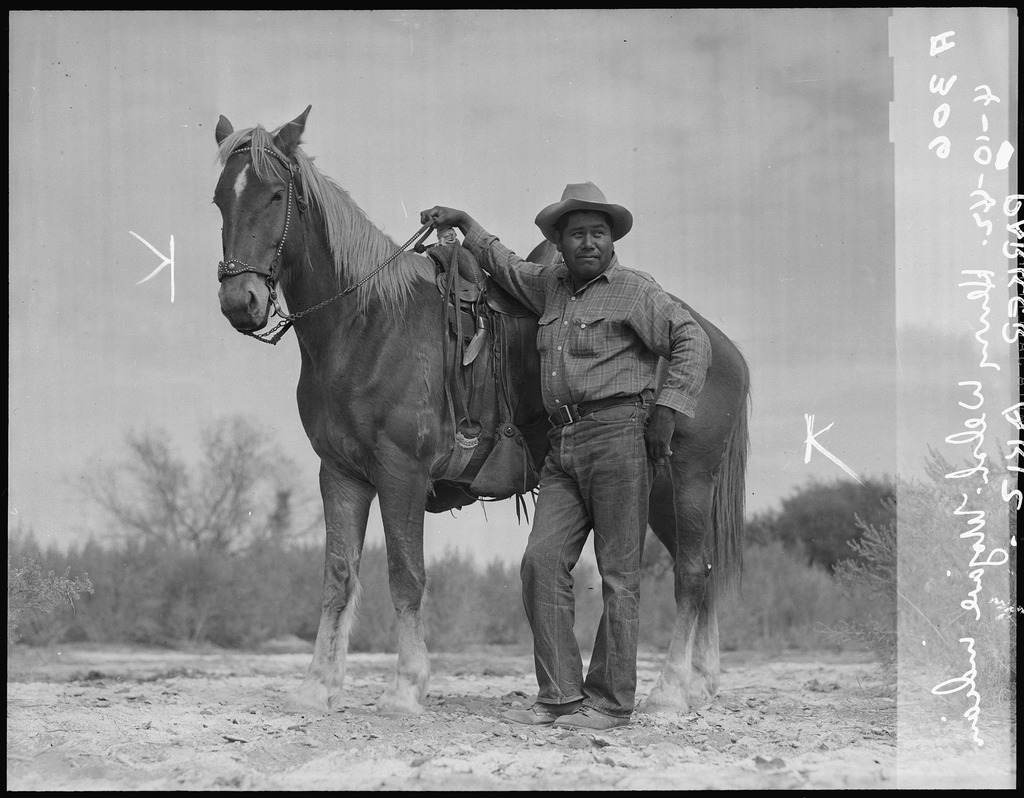October 12, 2020
Japanese American incarceration, like all of American history, took place on occupied Indigenous land. These threads of displacement, confinement and forced assimilation are rooted in a much larger history of white supremacy and settler-colonial violence that we must see fully in order to dismantle fully. In honor of Indigenous Peoples’ Day, here are a some recent highlights of intersections between Japanese American and Indigenous history.
As part of Japanese American Memorial Pilgrimages’ Tadaima! Virtual Community Pilgrimage, Densho co-presented a panel discussion of Japanese American incarceration on Indigenous lands. Moderated by Campu producer Hana Maruyama, Indigenous scholars, historians and community leaders Robert Johnson (Akimel O’otham), Ron Moore (Hopi), Janine Pease, D.Ed. (Crow), and Davina Ruth Two Bears (Diné/Navajo) delved into these historical intersections at the Poston, Gila River, and Heart Mountain concentration camps, as well as the Leupp detention facility.
Watch their conversation below to hear their perspectives on how to acknowledge and commemorate these complex histories, while also strengthening relationships between Japanese American survivors and descendants and the nations who still call these sites home:
Intersections between Japanese American and Indigenous history go beyond the stolen land on which WWII incarceration took place. A small group of Alaska Natives—some with mixed Japanese ancestry and others who shared familial ties to Japanese individuals—were incarcerated at Minidoka and other camps during WWII.
Watch Sho Tanaka’s Tadaima panel, “Alaska Native Memories of the Japnese American Incarceration,” to learn more about Paulette Moreno and Rhonda Ozawa’s families’ lesser-known experiences during WWII:
Thanks to our friends at Japanese American Memorial Pilgrimages for hosting these important conversations! Watch more sessions from the nine-week Tadaima! Virtual Community Pilgrimage here.
—
[Header photo: Original WRA caption: Parker, Arizona. Henry Welsh, Mojave Indian and Chairman of the tribal council on the Colorado River Indian Reservation, which is the site of a War Relocation Authority center for evacuees of Japanese ancestry. Courtesy of National Archives and Records Administration.]

